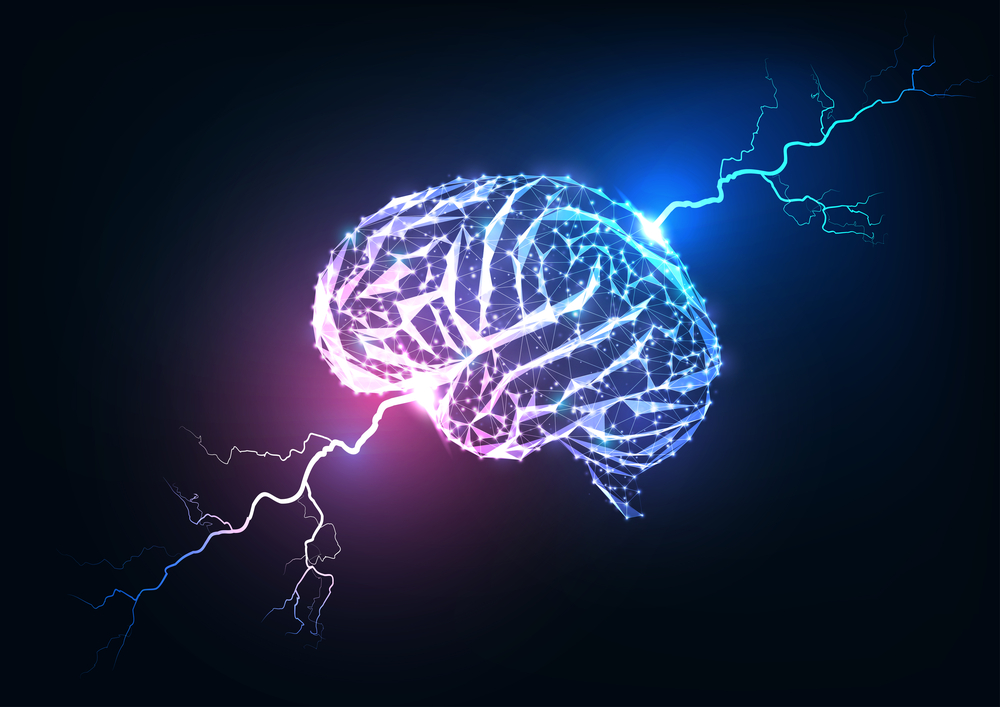
A Musicogenic Seizure — or Musicogenic Epilepsy — arises from abnormal brain electrical activity when a person hears or is exposed to a specific type of sound or music.
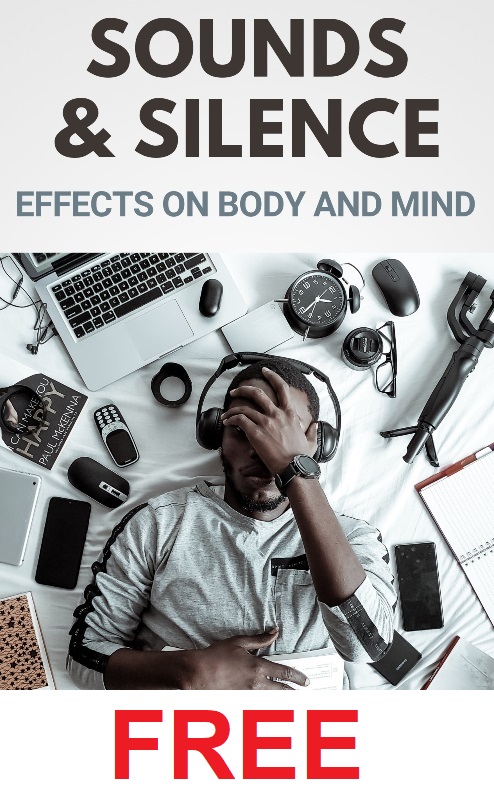
Although it’s thought that sound or music is not the only cause, the prevalent understanding of the mechanism is that music (or sound) triggers the part of the brain that is responsible for evoking a strong emotion associated with that music.
Subsequently, the dysfunction in this part of the brain leads to an abnormal release of dopamine (a neurotransmitter and hormone), eventually bringing about the seizure.
The duration between the (musical) trigger and the actual seizure may vary between patients, that is — some people have a seizure immediately after the trigger, while others experience a wide time delay between the stimulus and seizure.
Before the seizure, patients may experience changes in respiratory rate, blood pressure, and heart rate, have hallucinations, and feel severely distressed and agitated.
Treatments of Musicogenic Seizure may include surgery to remove the region of the brain that generates a seizure, behavioral therapy, and/or medication.

 Find themed health, wellness, and adventure holidays around the world.
Find themed health, wellness, and adventure holidays around the world.





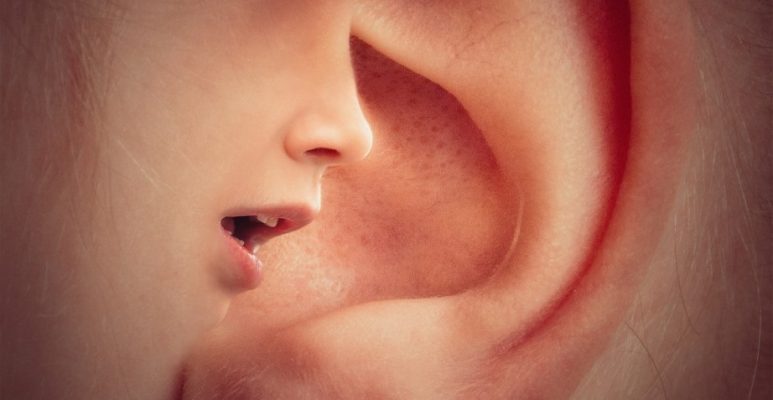

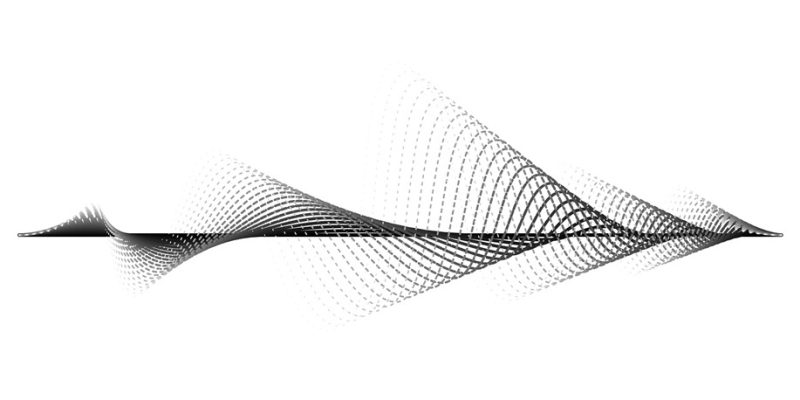





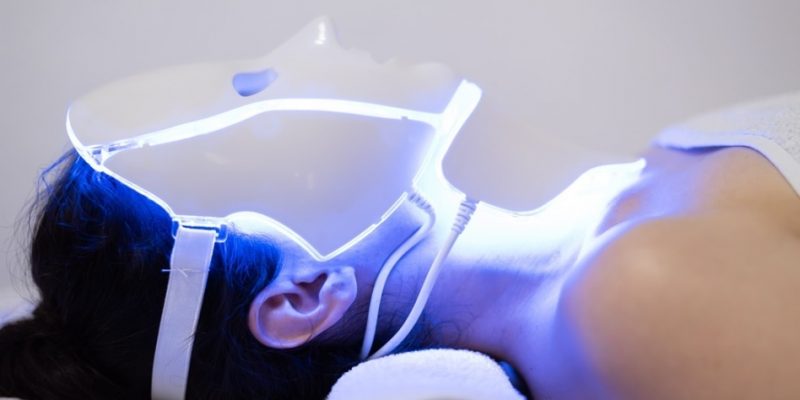
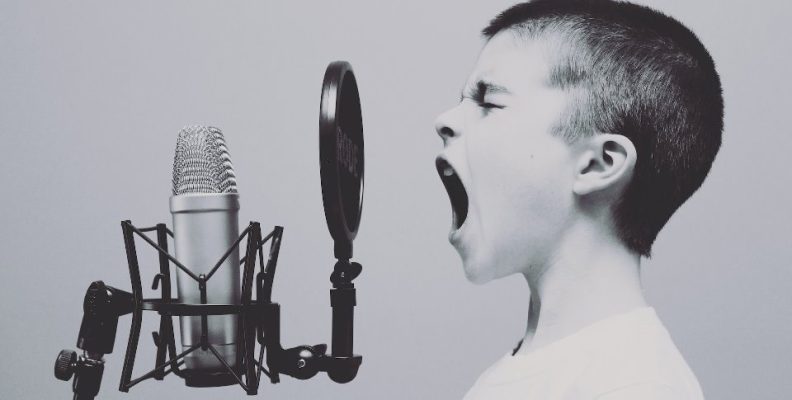
 Find themed health, wellness, and adventure holidays around the world.
Find themed health, wellness, and adventure holidays around the world.